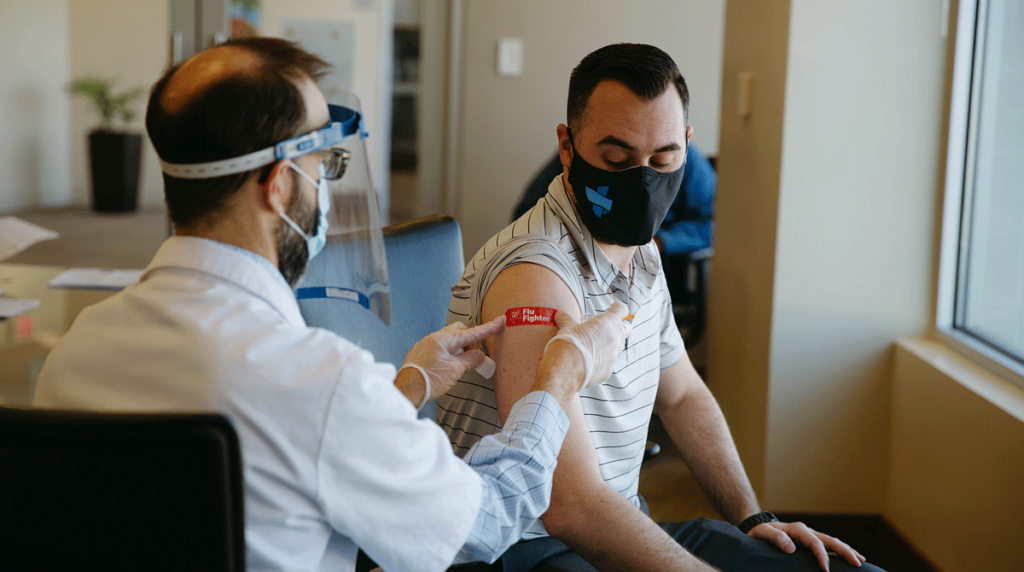Issues
THA helps Texas hospitals serve their communities by identifying and addressing critical health care issues.


340B Drug Pricing Program
The Texas Hospital Association fights to preserve the effectiveness of the federal 340B program, which provides safety net hospitals access to important pharmaceuticals at discount prices.

Behavioral/Mental Health
Mental health concerns touch everyone across the U.S., whether a person struggles with it themselves or knows someone who does. But Texas is one place where the needs are particularly acute.

Emergency Preparedness
Whether it is an impending hurricane along the Texas coast or a pandemic outbreak, Texas hospitals and public health officials work hard to ensure preparedness and safety for all unforeseen emergencies.

Hospital Finance
Texas hospitals strive to provide the best care to their patients and meet the health care needs of their communities 24 hours a day, 7 days a week, 365 days a year. Fair, stable and adequate payment is key to meeting this mission. But getting paid can be difficult.

Facility Fees
Hospital outpatient clinics receive two different types of payments for the care they provide. Professional-service fees pay for the work of the physicians who treat patients. Every other health professional, service or other facet of the hospital – including nurses, techs, labwork, hospital infrastructure and more – is paid through hospital outpatient payments, known colloquially as facility fees.

Charity Care and Community Benefit
Each year, Texas hospitals deliver billions of dollars in charity care – free or discounted care for patients who can’t afford it. Nonprofit hospitals have a legal duty to deliver charity care to demonstrate they are providing a benefit to the community they serve.

Workforce Pipeline
With a population growing more than twice as fast as the national average – and people living longer and experiencing more chronic illness – the demand for health care has never been greater.

Medicare & Medicaid
THA continuously monitors state and federal regulations that affect government reimbursement programs as well as the private health insurance market

Rural Health Care
Texas has 147 rural hospitals with unique needs and challenges. About 15% of Texas’ population is rural, including 586,000 rural Texans without health insurance. Compared with their urban counterparts, rural hospitals serve a larger proportion of older, uninsured, and publicly insured patients.

Vaccines
From polio to measles, decades of vaccine development and distribution have effectively knocked out many of the most feared and deadly infectious diseases. But today, a surge in the scope and power of vaccine hesitancy threatens to reverse that progress and derail public health all over Texas and the United States.

Maternal Health
From hospitals’ work to reduce preventable maternal mortality and morbidity to screening newborns for certain potentially devastating conditions to meeting certain designation requirements to provide neonatal and maternal care, Texas hospitals are committed to protecting and promoting the health of Texas moms and babies.

Workplace Violence
A significant factor in hospitals’ workforce struggles are increasing incidences of workplace violence, which bring trauma for nurses, physician assistants and others on hospital staff – and drive them out of their professions.

End of Life Care
Helping Texans think about and prepare for end-of-life decisions is an important part of the work of Texas hospitals. Unfortunately, the laws and process around these decisions can be confusing and difficult to understand.





